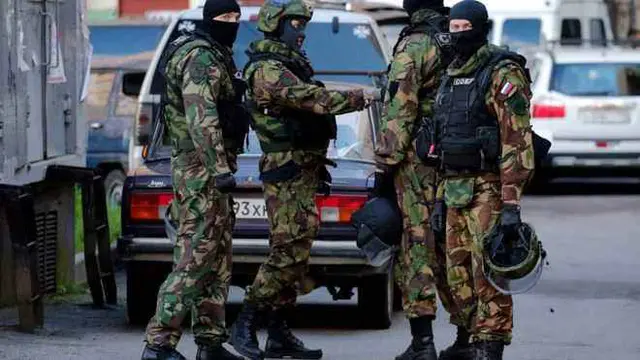By APD writer Melo M. Acuña
A study released today said the number of violent incidents and deaths dropped in 2018 in what used to be Autonomous Region of Muslim Mindanao (ARMM) though peace remains fragile. According to Conflict Alert, a subnational conflict monitoring system developed by peacebuilding organization International Alert Philippines in a briefing Tuesday morning.
Conflict Alert launched its 2019 report today, tracks the incidents, causes ad human costs of violent conflict in the ARMM, including Isabela and Cotabato cities, and Davao and Caraga regions. It is said to have the largest database on subnational conflict in the Philippines with more than 45,000 violent conflict incidents acquired from police reports, print media and community sources.
According to available data across all provinces in the ARMM violent incidents dropped 30% from 4,140 incidents in 2017 to 2,910 in 2018. Conflict deaths also decreased by 60% in 2018 from a year before from 2,261 to 900.
International Alert country manager Nikki dela Rosa said the fall in conflict incidence and deaths was partly due to the drop in coordinated attacks and the lesser use of explosives by various armed groups.
“The State was also able to maintain a fragile peace in the Bangsamoro by imposing martial law, which in turn deterred the carrying and use of firearms,” dela Rosa said.
Citing police reports, International Alert said the Philippine National Police made more arrests for illegal possession of firearms in 2018 which resulted in a decline in gun-related deaths by 31% from 1,290 in 2017 to 891 in 2018. Bombing incidents declined from 193 incidents in 2017 to 166 in 2018 and were less deadly in 2018 with five deaths per incident, slightly down from six in 2017.
She added the shift in conflict situation in the Bangsamoro brings a more conducive environment for development to take place and fore lasting peace to be “embedded” in what more people believe as the most dangerous place in the country.
“It is not out of the woods, yet,” she added.
Meanwhile, Francisco Lara, Senior Peace and Conflict Adviser said the level of violence in the ARMM remained slightly higher from 2016 to 2018 than the trend three years prior.
“Conflict deaths have also decreased but not as low as in the years prior to the spoke in 2016, when violent extremist incidents “began to erupt just before the 2017 Marawi war,” Lara explained.
Because of the fragile peace, certain conditions will have to be met before the military pulls out.
“The lifting of martial law in Mindanao is certain, but there has to be a political settlement on the use of weapons before it is lifted,” Lara explained.
Ms. dela Rosa said this is especially important in a region “rife with multi-causal conflict” that fuses identity issues with political issues, including violent extremism, conflicts among rebel groups, and clan feuding related to political contestations.
It is certainly critical, according to dela Rosa because extremist violence remains resilient and resurgent. Tensions rise due to unexplainable delays in the Marawi reconstruction process that has added to the grievances of those affected, especially women and the youth, dela Rosa concluded.
Conflict Alert hopes to shape policymaking, development strategies and peacebuilding approaches by providing relevant, robust and reliable conflict data. The group receives support from the World Bank and the Australian Department of Foreign Affairs and Trade.
(ASIA PACIFIC DAILY)
 简体中文
简体中文





